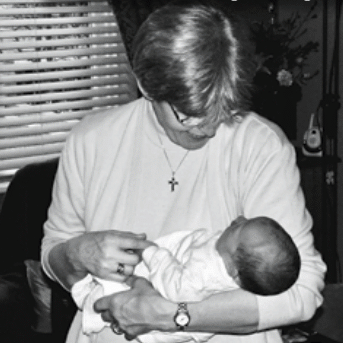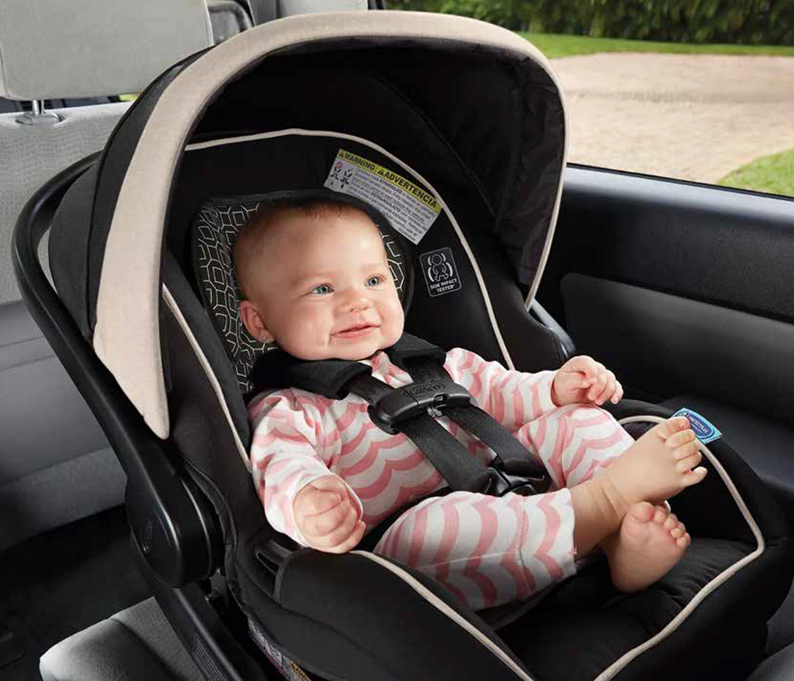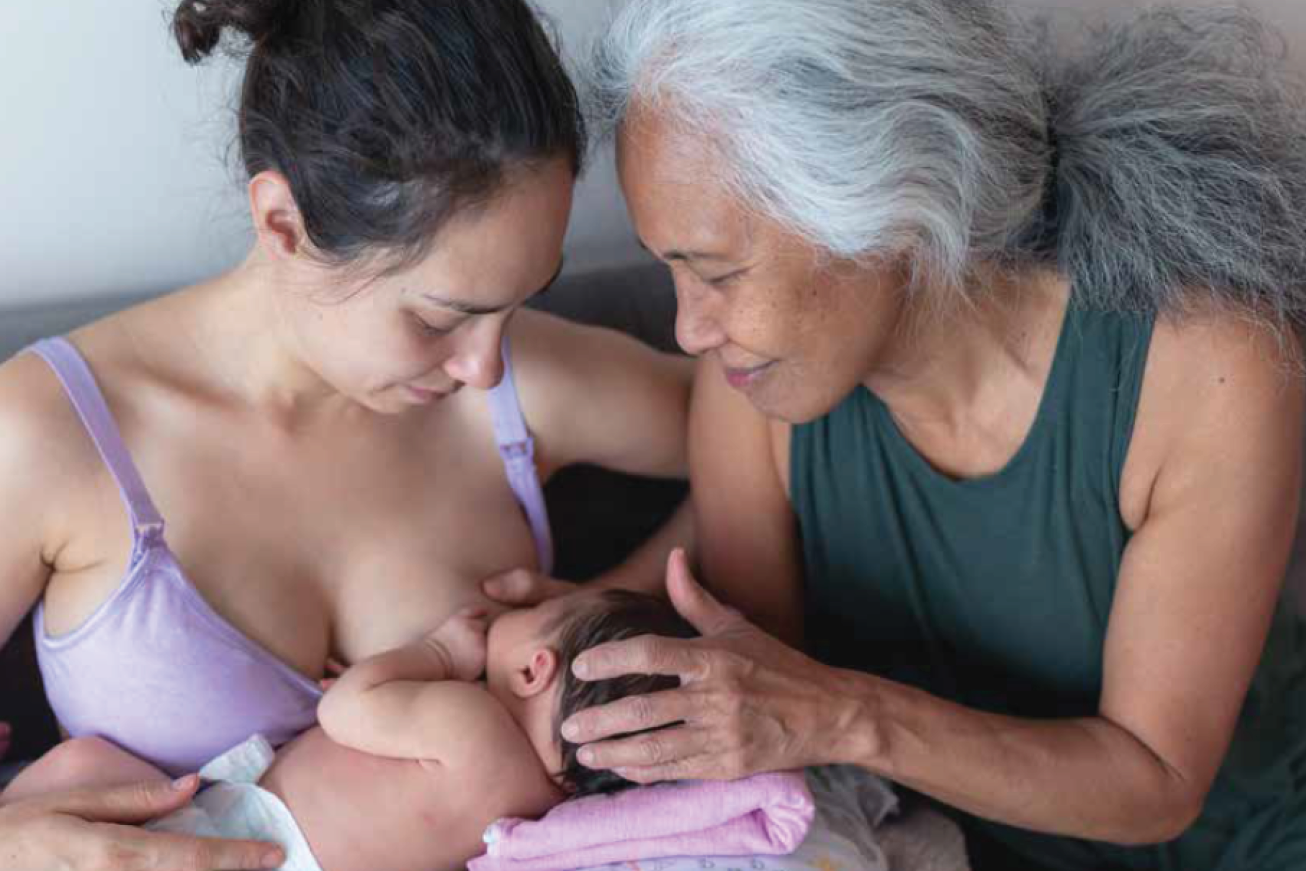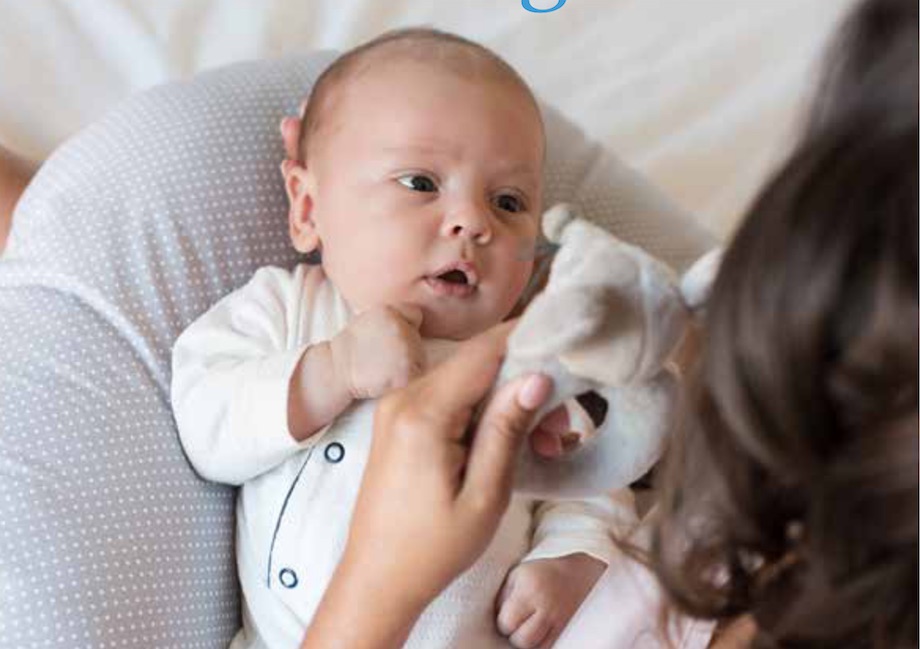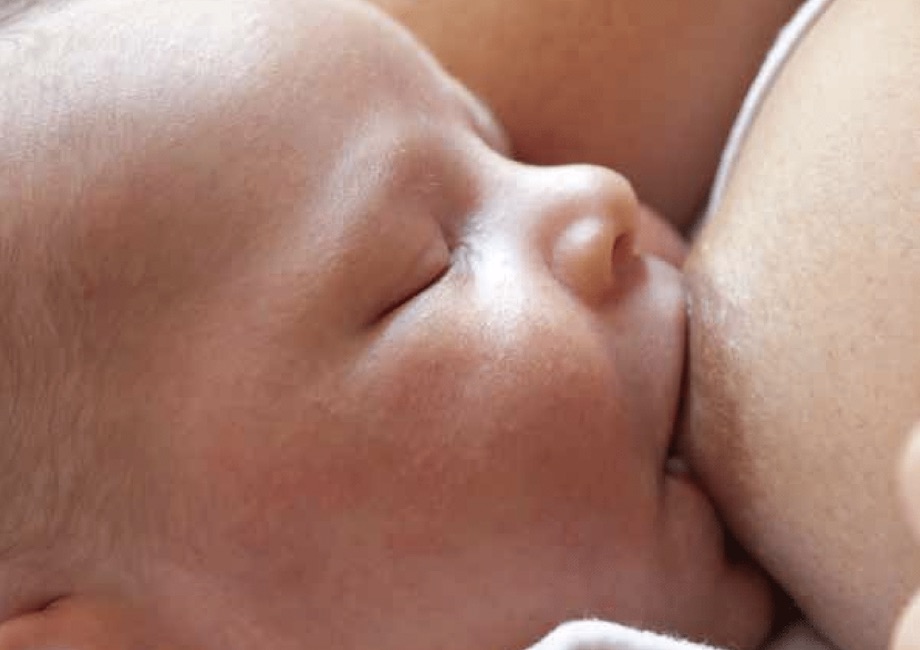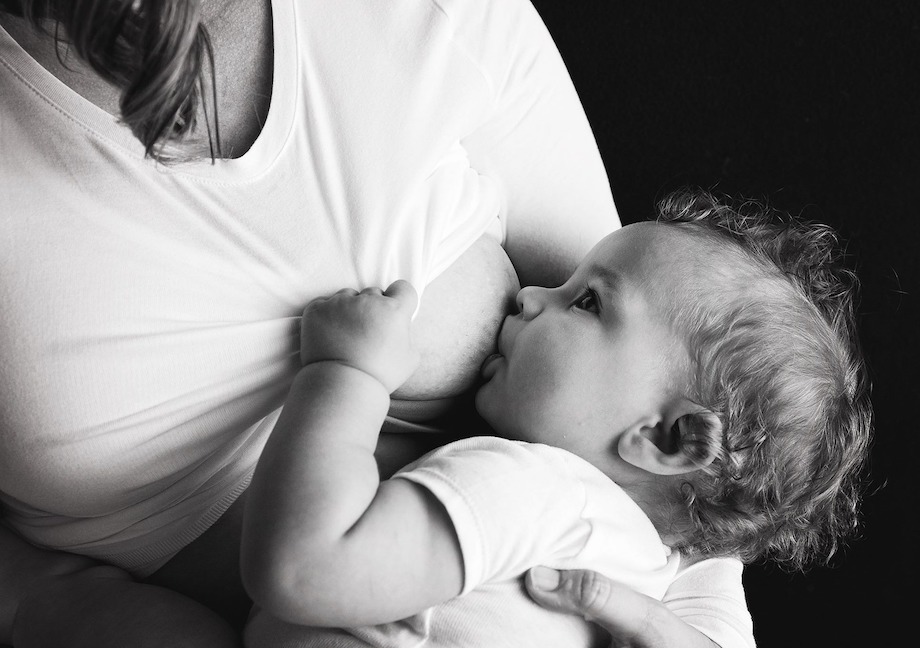
The World Health Organization recommends exclusively breastfeeding your baby for the first six months of life, and then continuing to breastfeed alongside other foods for two years or beyond. The Ministry of Health also recommends exclusively breastfeeding your baby for the first six months of life, and then continuing to breastfeed alongside other foods until your baby is at least one year old.
Breastfeeding is undoubtedly the biologically normal way to feed a human baby. Human milk contains exactly the right combination of nutrients to ensure your baby’s brain grows and develops as it needs to – this is a priority for human mammals.
The babies of other mammals have other more critical needs – for example, growing large, strong bones may be most important, or being able to go very long periods without feeds while the mother is hunting – and therefore the milk of other mammals contains the nutrients required for those mammal-specific needs.
So, if breastfeeding is natural, why can’t I do it?!
This is something that is often heard from mothers who want to breastfeed but are finding things more difficult than they expected. There are many things that humans seem to do “naturally” – for example, sitting, walking and talking, but all these things are only successful after lots of practice AND seeing other people do them too.
And that’s the key – seeing people do something is part of the way we learn. Personally, I think it’s a BIG part of how we learn and that’s one of the reasons I believe some women feel nervous about breastfeeding and find it tricky to get breastfeeding off to a good start. Most of us aren’t lucky enough to grow up seeing other women breastfeed. This is partly due to the way our family groups are widely dispersed – we don’t tend to live in small communities where we see our aunts, cousins and family friends, breastfeeding.
Many families are smaller these days and therefore we don’t have younger siblings that are still breastfeeding by the time we are old enough to really remember what’s happening around us. Stories in the news and media about women being asked to stop breastfeeding also mean that many women who are out with their babies tend to hide away when it comes to time to feed their baby, so we don’t always see mothers feeding their babies so much in public either.
Learning how to do this ‘natural thing’
Given that many women don’t grow up seeing women breastfeed, it’s no wonder it’s difficult for some of us to work out how to do this “natural” thing. Not all babies are born knowing what to do, and sometimes the process and medication of labour and birth can affect a baby’s ability to successfully breastfeed in the first few days too. It’s critical that women have the support and information they need, when they need it, in order to successfully breastfeed their baby – and by successful, I mean a breastfeeding relationship that the mother is happy with.
Parents will get comprehensive information on feeding baby in Parents Centre childbirth education classes. These classes will help new parents have a better idea of what to expect from breastfeeding, how to get off to the best possible start with breastfeeding, and how to cope with the most common “problems” new mothers experience with breastfeeding. They will also give parents information about how and where to get further breastfeeding information and support once their baby is born.
Community support
Support in the community from other mothers who have been, or are going, through similar situations with breastfeeding can be very reassuring. Going to classes antenatally gives parents the chance to meet other women having babies around the same time and it can be useful to keep in touch to help each other through the first few months.
You might also like to make contact with your local La Leche League group during your pregnancy. Many people don’t realise that La Leche League groups are for pregnant women too, not just for after you’ve had your baby. It’s a great way to start building your community of support, and you will undoubtedly see babies breastfeeding and be able to chat to mothers about their experiences. Many of the groups meet up twice a month, and often have a free library of books you can borrow too.
There are many organisations and groups set up to help with breastfeeding, some more formal than others. Having a range of ideas and information to draw on can be empowering, and if a piece of information or suggestion doesn’t feel right for you, there is usually an alternative to try. It’s crucial to keep asking until you find the right person to help you, with the information that works for you – and sometimes it takes a few goes to get that right.
So yes, breastfeeding might be “natural” in that human breastmilk is designed for human babies, but it’s not necessarily a process that is natural for us to follow – we have to learn first.
